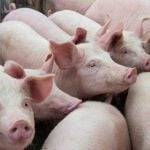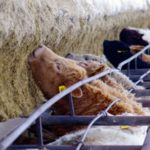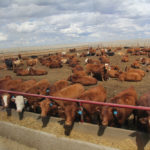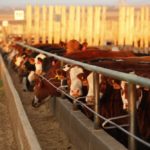The recent foot-and-mouth disease outbreak in Germany tells us that we all collectively need to be on the lookout for it.


Animal Health: Several other diseases can look similar to FMD

The Markets: A 10 per cent tariff on Canadian cattle could be absorbed by U.S. consumer prices


A small change in cattle numbers can result in a large drop in market value




Technicians could handle some of the tests and paperwork now done by vets

